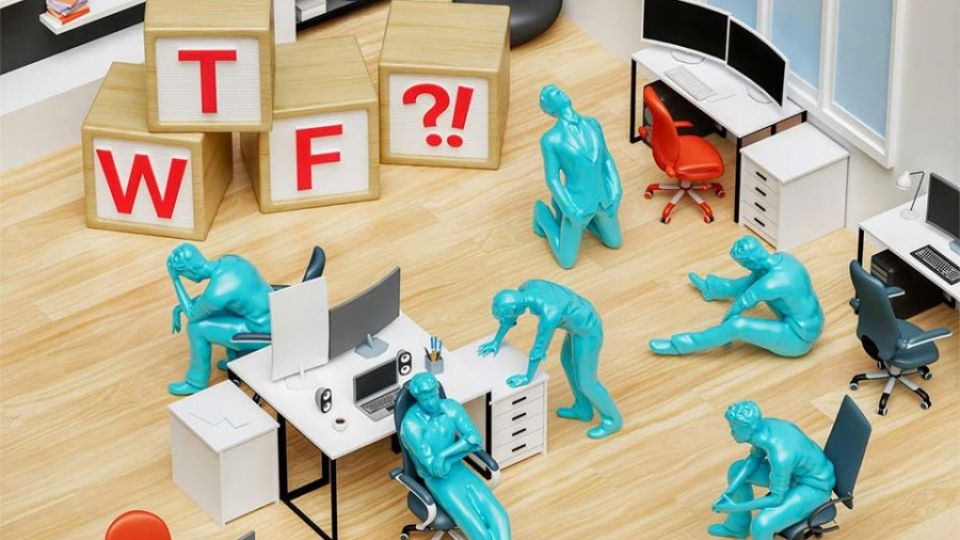September 2, 2024
ISLAMABAD – A RECENT survey reckons that widespread pessimism and gloom prevail among Pakistanis, as economic hardships continue to worry them in spite of recent ‘improvements’. An Ipsos survey released on Friday suggested that only one out of every 10 Pakistanis believes that the “country was headed in the right direction”. This does not necessarily mean that the rest of them thought or felt otherwise. But it does underline prevalence of a pervasive dark mood among citizens deeply burdened by the soaring cost of living due to elevated inflation, especially skyrocketing electricity prices, and heavy direct and indirect taxation. According to the survey findings, optimism has “significantly decreased from 18 per cent in the second quarter to 11pc in the third quarter”, bringing it back to the levels seen earlier this year. That pessimism is more rampant among urban dwellers than among the rural population is understandable, since taxes and expensive power have hit the former harder in recent years. Moreover, optimism about domestic economic conditions has declined by nearly three times since the first quarter of this year, hitting a one-year low with just 10pc of Pakistanis hopeful of improvements in the next six months.
If anything, the survey highlights two things: first, public confidence in the economy has declined despite “recovery in macroeconomic fundamentals” over the last year; second, fewer people now believe that this ‘macro improvement’ would lead to betterment in their living conditions in the near future. This public perception is based mostly on the consistently deteriorating lifestyle of the middle class struggling to survive in a highly inflationary environment. However, this perception is reflective of the country’s economic reality. The so-called macro stability claimed by the authorities is dependent on timely flows from multilateral agencies and debt relief from bilateral lenders. The country’s fiscal and current account troubles have long capped our growth prospects to a maximum of 3-3.5pc, against a minimum of 7pc required to absorb new entrants in the job market, reduce inflation and interest rates, and put some disposable income in the pockets of the middle class. Any effort to grow the economy beyond that immediately lands us into more trouble, forcing us to take emergency steps to compress demand and borrow more for our survival. It, therefore, is hard to blame people for losing their faith in this economy. Only sustained structural reforms can restore their confidence.


